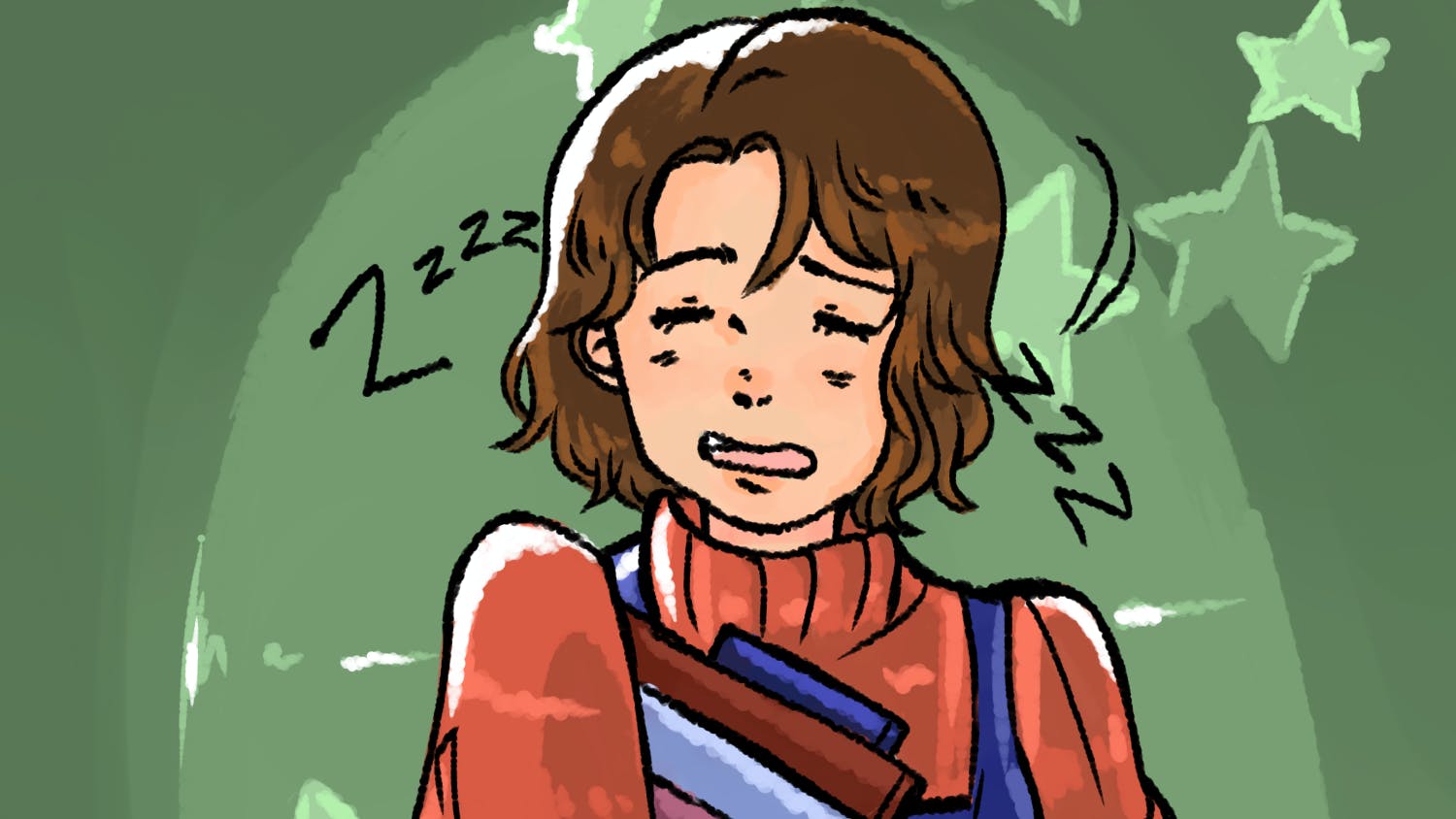Imagine there was a drug that caused depression and anxiety, enabled narcissism, killed your confidence, took away hours of your precious time, and caused you to walk around staring at the ground all day.
Now imagine this drug is marketed as a tool to help you become more social. This is the real and scary reality we are facing as a society as social media companies hijack our brains to entice us to spend hours everyday using their products.
With 97 percent of teens having at least one social media site and 45 percent reporting they are online “almost constantly” (Pew Research Center), we have to call attention to the side effects of using these technologies.
Think about the last time you had a great time on social media. Were those three hours of cat videos you watched worth the four hours of sleep you got because you got sidetracked on studying? Do you get great satisfaction watching other people’s lives unfold on Snapchat on a Friday night? Similar to drug addicts, the satisfaction ended awhile ago and now these actions have manifested as full-blown addiction.
If you think addiction is too strong of a word, take a look at the food lines in Gordon and notice how the majority of people can’t wait a few minutes without using their phones.
Dr. Cal Newport, an associate professor of computer science at Georgetown University and author of upcoming book Digital Minimalism points out that it is these daily minutes of boredom, such as waiting in line at a cafe or sitting before class, that spark creativity.
“‘If you train your brain, ‘I always have to have stimuli. I can’t be bored for a moment,’ you’re gonna have both professional and social ramifications,’” Newport said in a recent interview with Thrive Global.
In a place such as a college campus that thrives on the creative and cognitive capacity of its students and staff, this addiction should be examined more closely on an individual basis.
Regardless of the cognitive and productivity hindrance that is social media, this technology can also contribute to depression, anxiety, and lower confidence and self-esteem.
Imagine you’re sitting next to a pretty girl in a discussion and only know her name. With a few taps on instagram, you can instantly see that she has 4,000 followers. This creates a false, unconscious social hierarchy that puts a numerical value on her. When you go to talk to this girl, your confidence is going to be a little shaken, because by societal standards, you are talking to a borderline Instagram model.
Wouldn’t it have been easier to have confident, charismatic discussion with her before you made this discovery?
These false social hierarchies are the drivers of the term “Facebook Depression,” where the more time people spend on Facebook and similar social media sites, the worse they feel about their own life. These social media sites are essentially highlight tapes of people’s lives, and when you are constantly bombarded by only the best of everyone, all of your insecurities and struggles will kill your self-esteem. This creates the ever-so-present anxiety disorders that are present in the young population today.
What can you do to improve this situation? Taking initiative and deleting an app like Instagram, even just for a week, is a great way to reprogram your brain. There is a good chance you will still click on that now-empty space on your phone where the app once was, but there is also a good chance you will see your free time become more free and your study time become more productive.
Tyler is a freshman studying microbiology. Do you find social media to be harmful, helpful, or somewhere in the middle? Send all comments to opinion@dailycardinal.com.






